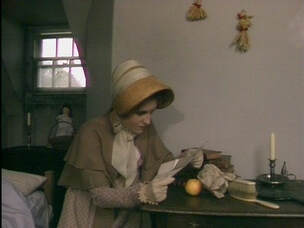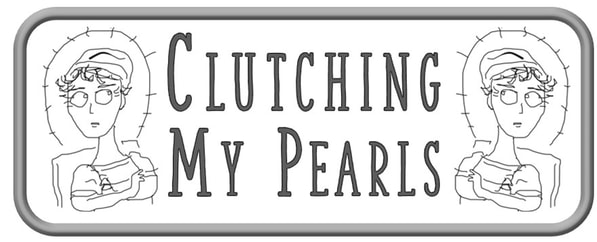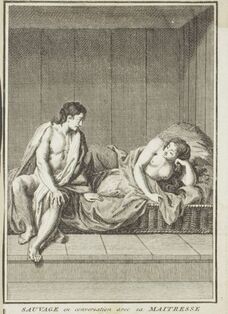| Clutching My Pearls is my ongoing blog series about my take on Jane Austen’s beliefs and ideas, as based on her novels. Folks today who love Jane Austen are eager to find ways to acquit her of being a woman of the long 18th century. Further, for some people, reinventing Jane Austen appears to be part of a larger effort to jettison and disavow the past. Click here for the first in the series. |
 Sylvestra Le Touzel as Fanny Price, 1983
Sylvestra Le Touzel as Fanny Price, 1983 In long 18th century prose, however, we more typically find the terms “barbarous” and “savage” used to condemn poor behaviour, and this is how Austen uses these words.
In Sense & Sensibility, Marianne thinks a “barbarous” rival has damaged her reputation with Willoughby. Willoughby’s farewell letter to her was “barbarously insolent.” And when she learns her sister Elinor’s secret, she condemns herself. “How barbarous have I been to you!” The term is used light-heartedly in Pride & Prejudice, when the newly-engaged Bingley spends all his time with Jane Bennet “unless when some barbarous neighbour, who could not be enough detested, had given him an invitation to dinner which he thought himself obliged to accept."
Catherine Morland suspects General Tilney of murdering his wife, a “barbarous proceeding.” Henry Tilney refers specifically to the laws, manners and customs of England to criticize the wildness of her suppositions. “Remember that we are English, that we are Christians.”
The most explicit reference to barbarism occurs in Mansfield Park. When Fanny Price learns that her newly-married cousin Maria has run away with Henry Crawford, she is stupefied. She sees it as “too horrible a confusion of guilt, too gross a complication of evil, for human nature, not in a state of utter barbarism.” ...





 RSS Feed
RSS Feed